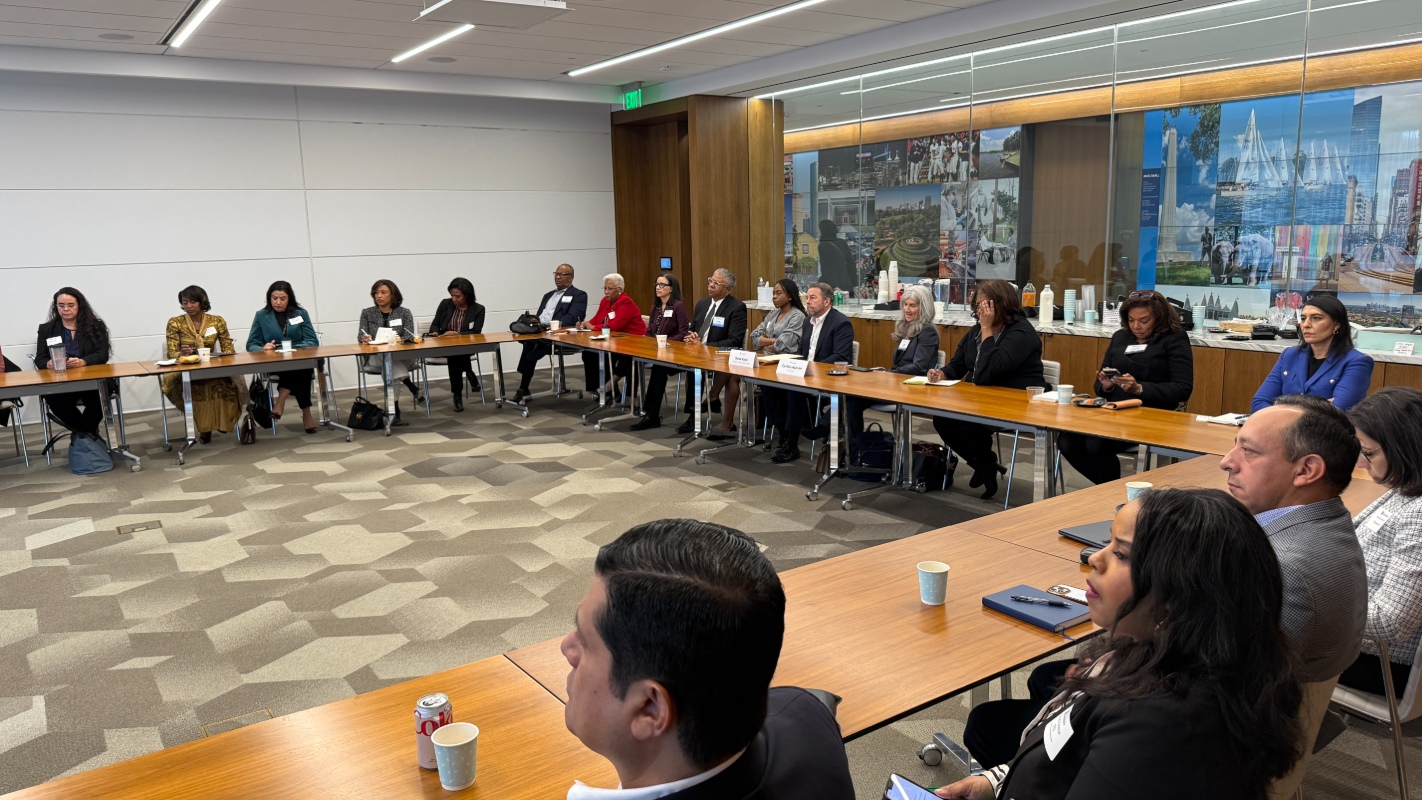Report: Houston Companies Lead When it Comes to Family-Friendly Workplace Policies
Published Jan 18, 2023 by A.J. Mistretta
A recent research study assessing family-friendly policies at companies in 15 U.S. metros shows that Houston ranks high in six of 10 areas, from employee and dependent healthcare offerings to paid parental leave and remote work.
The 2022 Best Place for Working Parents® National Trends Report examines the benefits and policies of businesses that promote family-friendly work environments and their competitive advantage in attracting and retaining employees. Participating companies were surveyed about their policies across 10 proven practices shown to be effective in supporting working parents as well as businesses’ bottom line. Houston is one of 15 metros that participated and a total of 65 companies in the Houston region completed the survey prior to September 21, 2022. Southern Methodist University’s Center on Research and Evaluation collaborated with Best Place for Working Parents® to complete the report.
Fifteen industries were represented among the Houston survey participants, with the highest participation in the nonprofit, professional services and finance & insurance sectors. Companies of all sizes participated, including large (29%), mid-sized (30%), small (27%) and micro (14%) organizations.
Houston ranks among the top 3 metros for the following policies:
- Employee and Dependent Healthcare
- Paid Time Off
- Parental Leave
- Nursing Benefits
- Child Care Assistance
- Remote Work
LaTanya Flix, Senior Vice President of Diversity, Equity and Inclusion for the Partnership, led the launch of the assessment in 2022. “The results are compelling because the Houston region has not been recognized as a leader in this area. It is exciting to see our companies’ efforts recognized and to know how we compare to other regions," Flix said. "The findings demonstrate that Houston area companies are implementing proven practices that benefit families, increase employee retention, and ultimately make their companies more competitive. We have momentum in Houston and the Best Place for Working Parents® assessment is a useful tool to support companies in continuing to develop, implement, and improve their policies and practices."
In addition to providing a view on the current policy environment, the national report also sought to evaluate the success of implementing the top ten policies in creating family-friendly workplaces across size and industry, and what changes had occurred in these policies pre- and post-COVID.
Several key findings from the report include:
- Most family-friendly companies offer healthcare, paid time off, remote work, and flexible work policies. 90% of Best Place for Working Parents designees have these policies because they are affordable and effective, whereas onsite child care and backup child care are the least frequently offered.
- Larger companies offer a wider range of family-friendly benefits, whereas smaller companies are focused on a few benefits that have a very high impact. An organization's ability to implement policies increases with its size. Micro and small organizations, however, are also capable of implementing a range of the top ten family-friendly policies and are above average in implementing high-impact benefits, such as on-site child care and backup child care.
- On average, Business & Information and Finance & Insurance organizations offer more family-friendly benefits compared to other industries surveyed. Business & Information and Finance & Insurance organizations each offer five family-friendly benefits above the national average, which is more than any of the other industries surveyed.
“In order to create workplaces that are both family-friendly and business-friendly, we must first understand the specific needs, trends, and challenges of Best Place for Working Parents businesses across each industry and organization size. With the ability to benchmark a company's performance against similar organizations, business leaders can gain insights on best practices in recruiting and retaining employees and identify tangible ideas for how to implement research-backed family-friendly policies in their own organizations,” said Sadie Funk, national director of The Best Place for Working Parents.
View the complete report here and take the assessment here.
 The Houston Report
The Houston Report




















